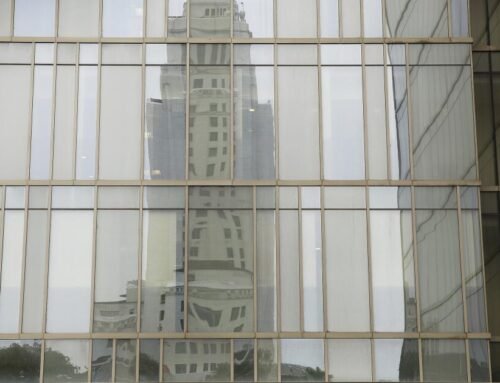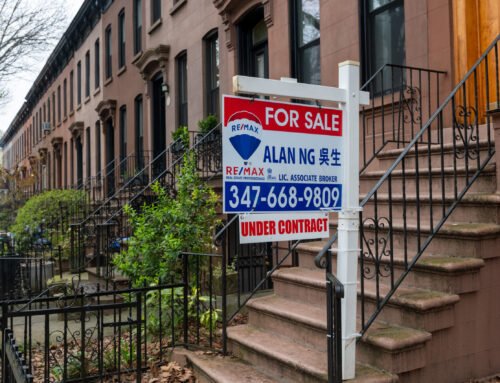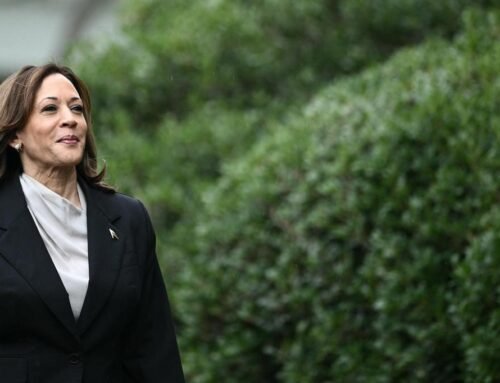
Data-informed decision making provides for improved outcomes and policies that promote inclusivity, and the city of Boulder is working to develop processes and tools to help achieve that. That was the message Julia Richman, the city’s chief innovation and technology officer, gave to more than 60 attendees Wednesday at the Innovation After Hours program at the Boulder Chamber, organized by Innosphere, a nonprofit startup incubator.
With continuing urban growth challenges, it’s imperative for cities to work smartly, and design better systems to monitor, manage, and improve infrastructure and public services using technology, Richman said.
The extension of internet connectivity into physical devices and everyday objects already has spawned a lot of data for municipalities to use, but it’s important to leverage this information “to identify, plan, test and implement improved and equitable results,” Richman said.
The vision of smart city is about giving transparency, and a human face to municipal decision making; about taking “a human centric approach to organizing, prioritizing and implementing action,” she said.
It also is relevant to understand potential risks of data collection and storage, such as invasion of privacy, inefficient investment in technologies and issues of access to data, she said.
Richman said she sees her role as a city employee “to teach people to innovate in their own space, to be a leader in their own areas. It’s important how we share data across departments.” The goal is make the process more inclusive while relying on user experience to help fix things, she said.
Smart city capabilities mean development of better public policies that are applied consistently citywide and creation of a system that helps attract, train and retain people with key skill sets across departmental teams, she said.
Such a vision will help the city to identify low-risk opportunities to test new ideas, to enhance civic engagement, for example, remote participation in council meetings, Richman said.
Boulder is bracing to become truly smart with next few step that include, among others, construction of a broadband fiber backbone, development of data infrastructure strategy, and defining of broader community feedback loops.






Leave A Comment